Publications
Articles, publications, books, tools and multimedia features from the U.S. Institute of Peace provide the latest news, analysis, research findings, practitioner guides and reports, all related to the conflict zones and issues that are at the center of the Institute’s work to prevent and reduce violent conflict.
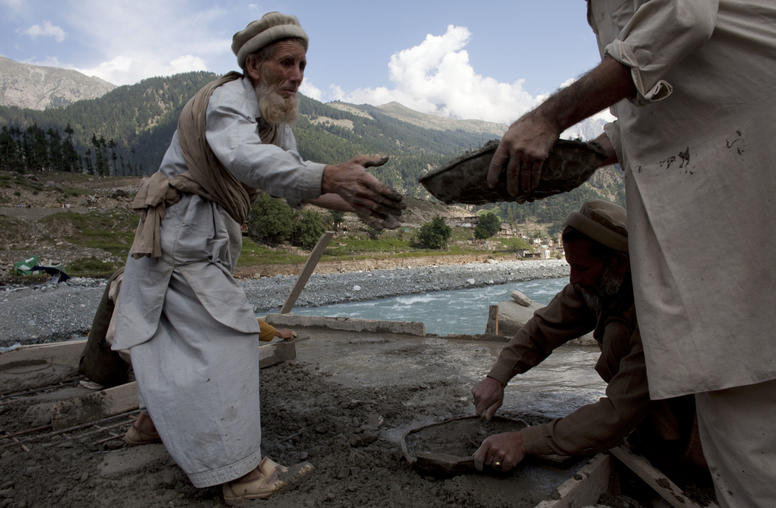
Can Pakistan Disaster-Prevention Tactic Apply to Politics Too?
In the past dozen years, Pakistan has been hit by eight earthquakes, including a magnitude 7.6 trembler that killed more than 86,000 people. The next quake in Pakistan is not a matter of if, but when. So the humanitarian community has focused on a game-changing idea known as resilience—taking actions...
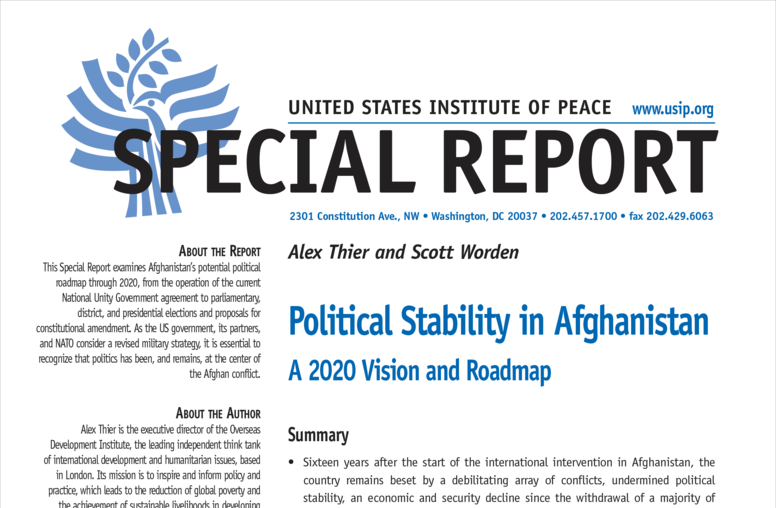
Political Stability in Afghanistan: A 2020 Vision and Roadmap
Sixteen years after the start of the international intervention in Afghanistan, the country remains beset by a debilitating array of conflicts, undermined political stability, an economic and security decline since the withdrawal of a majority of international forces, and a divided government since the 2014 elections. As the US government, its partners, and NATO consider...
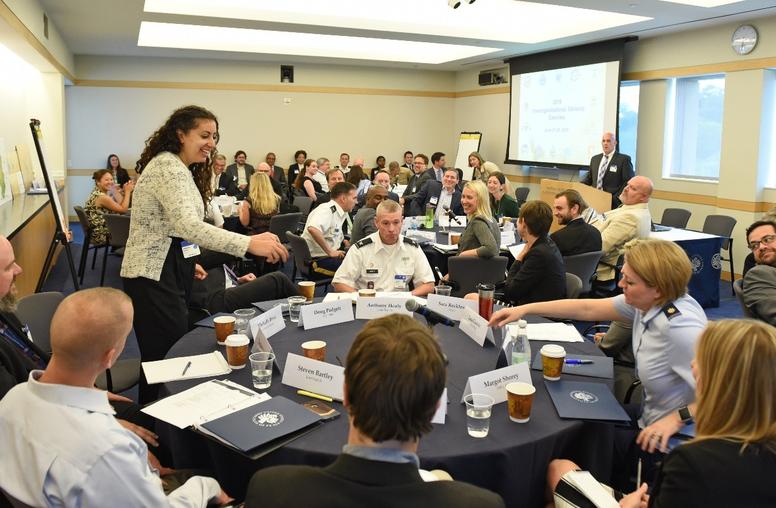
Lake Chad Exercise Demonstrates New Civilian-Military Approach
A group of senior U.S. military and civilian leaders recently agreed to find ways to work together more effectively to counter violent extremism in the volatile Lake Chad Basin of Africa, a region reeling from the casualties and destruction wrought for years by terrorist groups such as Boko Haram. The agreement emerged from a new exercise model...
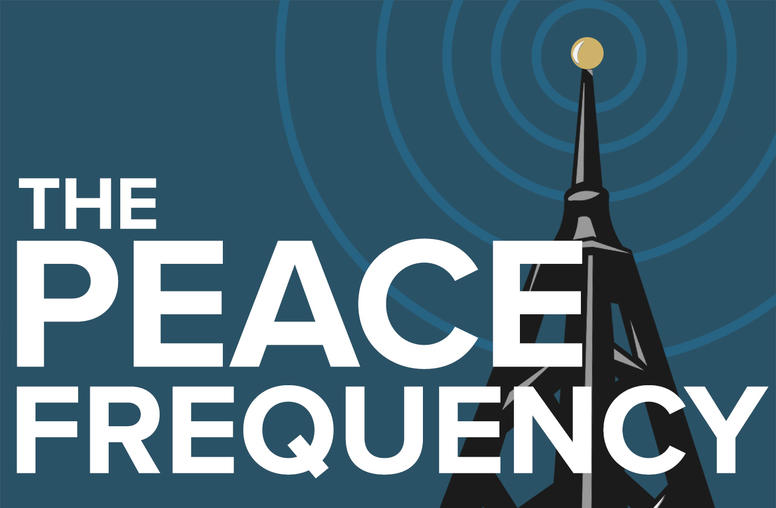
Episode 46 - Colette Rausch
In this episode we speak with Colette Rausch, Associate Vice President for Global Practice and Innovation at the United States Institute of Peace. For over twenty years, Colette has used her legal expertise to advance human rights and the rule of law in conflict-affected communities. From Libya to Peru, Burma to Afghanistan and many other countries around the world, she has been at the forefront of addressing the most serious of crimes, crimes that keep countries embroiled in violence. Colette is coming out with her new book, "Fighting Serious Crimes: Strategies and Tactics for Conflict Affected States" and we spend some time on the show talking about what she and the other contributors to the book have learned through their many years of experiencing addressing crimes such as terrorism, drug trafficking, human trafficking, corruption, and organized crime. We also take a close look at Colette's personal story - how a young federal prosecutor in Reno, Nevada going after telemarketers wound up in Bosnia and began transforming herself into an international peacebuilder with a growing appreciation for the rule of law.
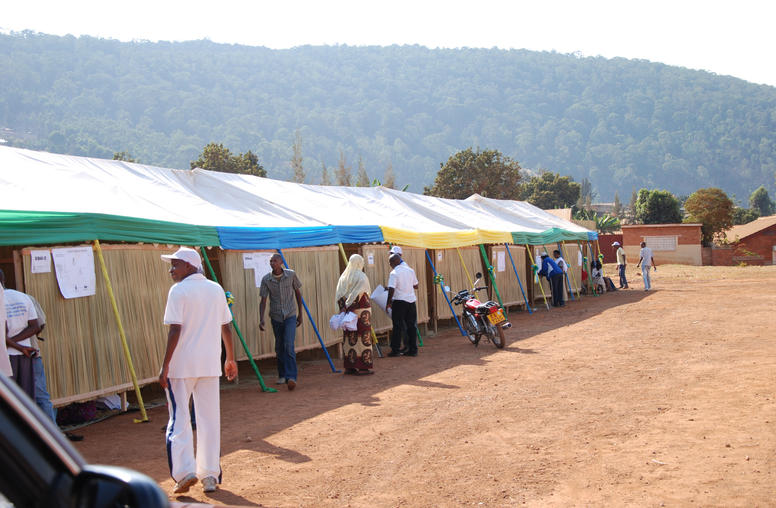
Rwanda’s Election Signals Risk to Recovery from Genocide
Rwandans head to the polls in August for an election in which incumbent President Paul Kagame will seek—and likely win handily—a third seven-year term. Despite the controversy over a 2015 referendum that amended the constitution to let him to run again and possibly stay in power for as long as 35 years, his political opposition...
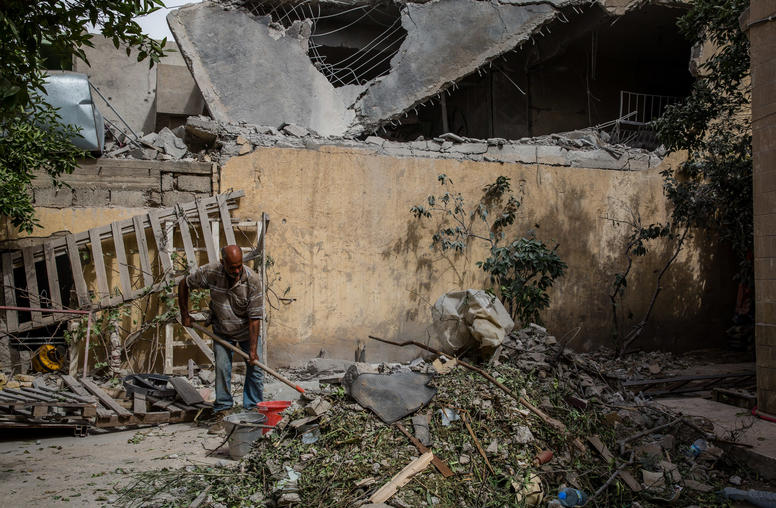
To Shut Iraq’s Door on ISIS, Use Local Peace Accords
As U.S.-backed Iraqi troops retake the last strongholds of the Islamic State in Iraq, the government in Baghdad and its international supporters must be ready to prevent a new round of conflicts in the country from turning violent, analysts said in a June 27 forum at the Heritage Foundation.
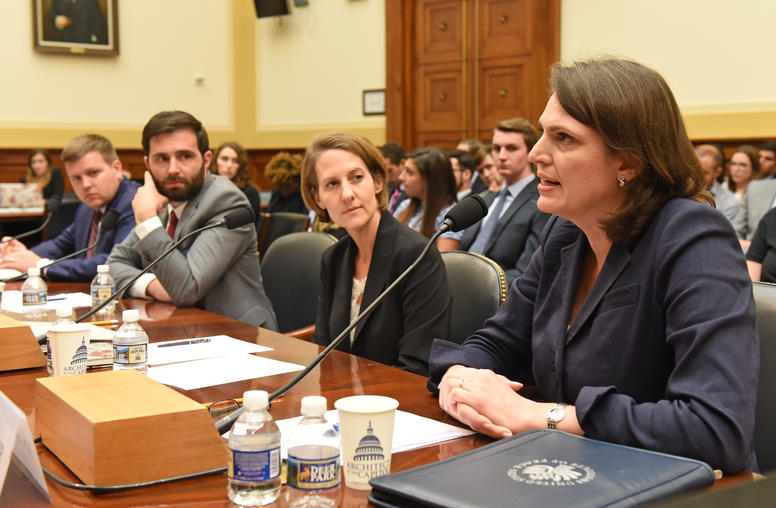
Allies Under Attack: The Terrorist Threat to Europe
USIP Director of Countering Violent Extremism Georgia Holmer testimony before the House Foreign Affairs Subcommittee on Terrorism, Nonproliferation and Trade & Subcommittee on Europe, Eurasia, and Emerging Threats.
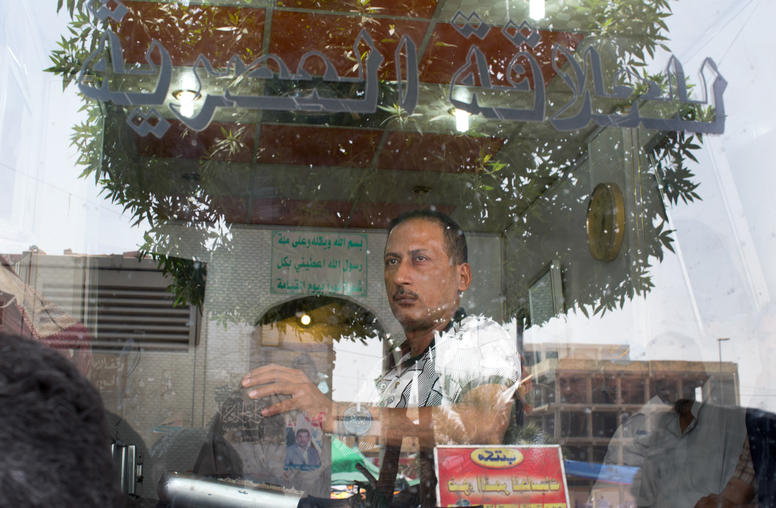
To Stabilize Iraq After ISIS, Try a Method That Worked
The farming region of Mahmoudiya, south of Baghdad, is divided by one of Iraq’s most turbulent fault lines of conflict, between the country’s Sunni and Shia tribes. A decade ago, this region of palm groves and irrigation canals was a violent al Qaeda stronghold known as the “Triangle of Death.” Yet for 2016, news reports and the United Nations’ accounting of nearly 7,000 or more civilian deaths across Iraq noted few attacks in this region, a reflection of its relative stability in recent years.
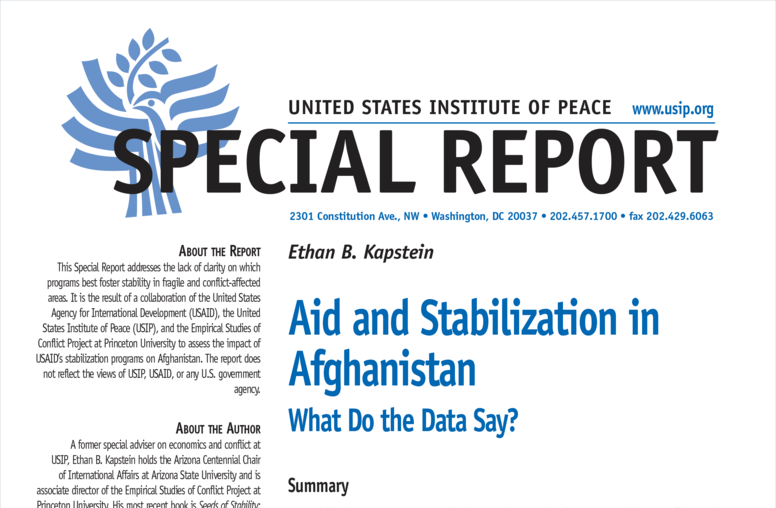
Aid and Stabilization in Afghanistan
The question for international assistance efforts in fragile and conflict-affected countries is the extent to which aid programs are associated with changes in key metrics, including security, popular support for the government, community cohesion and resilience, population health, economic well-being, and internal violence. With an eye to lessons learned for the future, this report examines USAID stabilization programming in Afghanistan, focusing on whether it reduced violence, increased support for the government, and promoted other desirable political and economic outcomes.
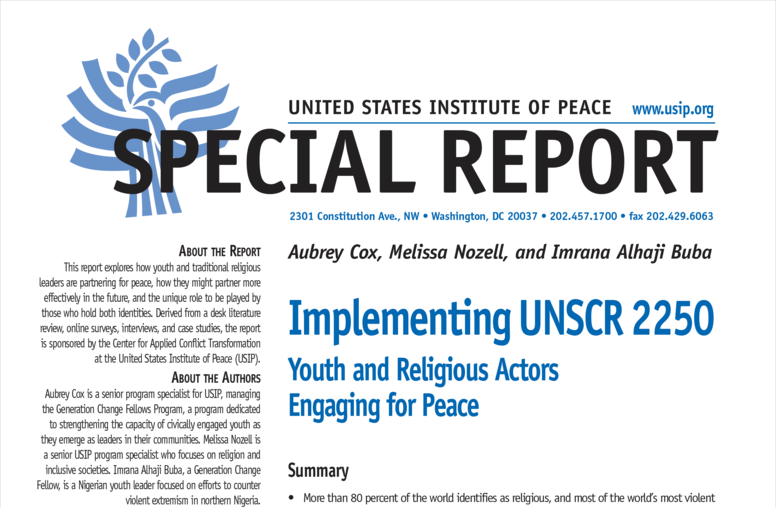
Implementing UNSCR 2250
In the context of UN Security Council Resolution 2250 on Youth, Peace, and Security, this report examines collaborations between youth and religious leaders in conflict-affected states. Using case studies, surveys, and interviews, it highlights the gaps, challenges, and opportunities for how religious actors and youth can and do partner effectively in the face of violent conflict.